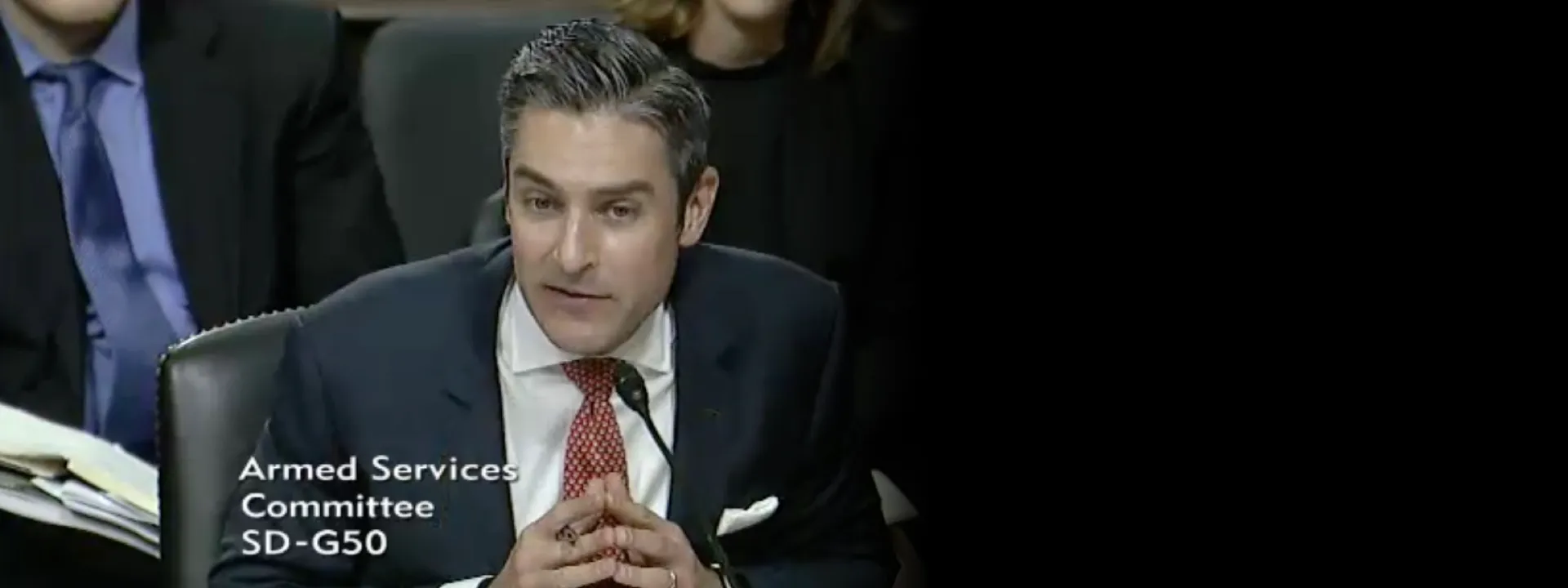U.S. Senate Armed Services Committee Highlights #DigitalSherlocks
U.S. Senators measure Russian influence operations in Europe
U.S. Senate Armed Services Committee Highlights #DigitalSherlocks

On July 13, Damon Wilson, executive vice president at the Atlantic Council, provided testimony before the U.S. Senate Armed Services Committee that cited the work of Bellingcat, @DFRLab, and our #DigitalSherlocks in his arguments identifying Russia as a source of anti-democracy efforts in Europe.
The hearing centered on the topic of the “attempted coup in Montenegro and malign Russian influence in Europe.” The attempted coup in question would have taken place on October 16, 2016, and is said to have included a plan to kill Montegrin Prime Minister Milo Đukanović. Such an incident would likely have forestalled the process of Montegro’s joining NATO — a process which ended on June 5 of this year when the country became the 29th member state in the alliance.
In addition to Wilson, witnesses at the hearing included Nebojša Kaluđerović, Montenegro’s ambassador to the United States; Janusz Bugajski, a senior fellow at the Center for European Policy Analysis; and Lisa Sawyer Samp, a senior fellow at the Center for Strategic and International Studies. All four witnesses pointed to the alleged attempted coup as an example of broader Russian attempts to meddle in the affairs of European democratic states.
Exposure: No need of propaganda of our own. We should educate, train and inform the public, journalists and activist.@DFRLab @DamonMacWilson
— Atlantic Council Europe Center (@ACEurope) July 13, 2017
According to Wilson, key evidence of Russian involvement in Montenegro came from “open source reporting” that identified two Russian nationals, Eduard Shirokov and Vladimir Popov, “as Russian military intelligence, or GRU, agents,” and that linked them to Serbian paramilitary leader Aleksandar Sinđelić (Sindjelic), who had been “sending Serbian fighters to Ukraine to support Russia’s seizure of Crimea and insurgency in the Donbass”:
Thanks to what we at the Atlantic Council call #DigitalSherlocks, or our digital forensic open source researchers, we know that Shirokov formerly served as deputy military attaché at the Russian Embassy in Warsaw, where he was accused of espionage, declared persona non grata, and expelled in June 2014. His registered address in Russia is a GRU-owned residence. He was issued a false passport in August 2016, two months before traveling to the Balkans. Popov, who had been spotted in Moldova with Gagauzian separatists in 2014, joined Shirokov in hosting Sindjelic in Moscow in September 2015, where they proposed the plot to derail Montenegro’s NATO bid. Sindjelic received money from these Russian contacts to purchase weapons and supplies used in the operation, and to recruit participants.
These events set in motion the extraordinarily brazen attempted coup in Montenegro last October. Open source reporting provides a compelling case that the GRU and its associates were directly involved in orchestrating this attempted coup in an effort to install a government friendly to Moscow and derail Montenegro’s NATO accession. If the coup would have succeeded, it would have dealt an immeasurable blow to the Alliance and its credibility. It also would have brought to a halt the process of NATO enlargement.
In his testimony, Wilson specifically cited the Bellingcat report titled “The Kremlin’s Balkan Gambit: Part 2: The Montenegro Zugzwang.”
ICYMI → Watch @DamonMacWilson's Senate testimony on the attempted coup in Montenegro + Russian influence in Europe: https://t.co/Zasd5ZDzAN pic.twitter.com/uN26CmBcGe
— Atlantic Council (@AtlanticCouncil) July 14, 2017

